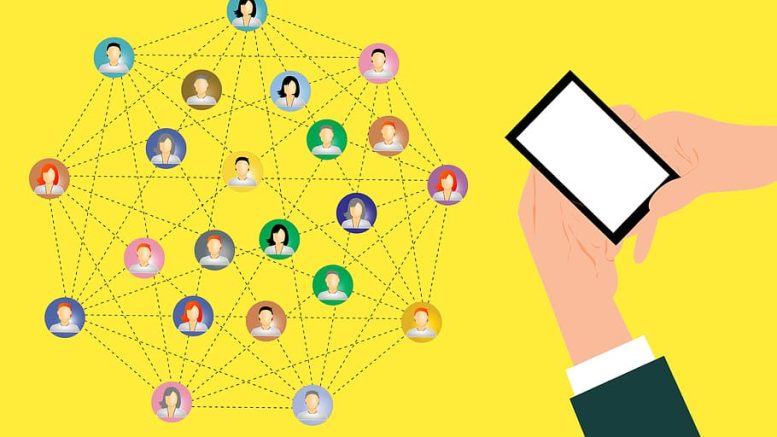In the digital age, social media has emerged as a significant factor influencing various aspects of daily life. Its impact is profound and multifaceted, affecting everything from individual behavior to global events. This article explores the influence of social media on society, focusing instead on the broader implications of this digital phenomenon.
Glimpse on Social Media
Social media platforms have revolutionized the way people communicate, share information, and form communities. They have become essential tools for personal expression, allowing individuals to voice their opinions, share experiences, and connect with others across the globe. The immediacy and reach of social media have also transformed how news is disseminated, often outpacing traditional media outlets and providing real-time updates on events as they unfold.
Moreover, social media has played a crucial role in shaping public opinion and mobilizing social movements. It has provided a platform for activism, enabling grassroots campaigns to gain traction and influence political discourse. The ability to rapidly organize and rally support has led to significant social and political changes, highlighting the power of collective action facilitated by digital networks.
On a personal level, social media can impact mental health and well-being. While it offers opportunities for social connection and support, it can also contribute to feelings of anxiety, depression, and loneliness. The curated nature of social media content often presents an idealized version of reality, leading to comparisons and unrealistic expectations.
In the business realm, social media has become a vital marketing tool, allowing companies to engage with customers, build brand loyalty, and drive sales. It has also opened new avenues for entrepreneurship, enabling individuals to reach a global audience and create innovative business models.
Connectivity and Community Building
Social media has transformed how people connect and communicate, enabling global communities based on shared interests. It offers support, knowledge, and a sense of belonging, especially for those feeling isolated. Additionally, it facilitates professional networking, democratizes access to information, and enhances education by providing flexible learning opportunities. Overall, social media’s power lies in connecting people, fostering communities, and making information more accessible.
Political Mobilization and Social Movements
The role of social media in political mobilization cannot be overstated. It has become a powerful tool for organizing protests, raising awareness about social issues, and influencing public opinion. Social media platforms have played a pivotal role in recent social movements, allowing for the rapid dissemination of information and the coordination of collective action.
Mental Health and Well-being
The impact of social media on mental health and well-being is a multifaceted issue. While it can foster connections and a sense of community, it also has the potential to cause stress and feelings of inadequacy due to constant exposure to curated content that may not reflect reality.
The addictive nature of scrolling through updates can indeed lead to increased anxiety and decreased productivity. It’s important to approach social media use mindfully, recognizing its benefits in enhancing connections and self-esteem, as well as its risks, such as contributing to loneliness and decreased life satisfaction.
Balancing online interactions with offline activities and setting boundaries on social media use can help mitigate its negative effects on mental health. Engaging in social media platforms can be a positive experience when done in moderation and with a conscious effort to curate one’s own experience to minimize negative impacts.
Misinformation and Echo Chambers
One of the most concerning aspects of social media is the spread of misinformation. The rapid sharing of unverified information can lead to widespread confusion and the reinforcement of false beliefs. Additionally, algorithm-driven content curation can create echo chambers, where users are exposed primarily to viewpoints that reinforce their existing beliefs, further polarizing society.
Economic Impact
Social media has also had a significant economic impact. It has transformed marketing strategies, enabling businesses to reach targeted audiences with unprecedented precision. Furthermore, it has given rise to new industries and job opportunities, while also disrupting traditional business models.
Cultural Exchange and Globalization
The exchange of cultural ideas and practices has been greatly facilitated by social media. It has allowed for a more inclusive and diverse representation of cultures, contributing to a more interconnected and globalized world. This cultural exchange can foster understanding and appreciation among different communities.
Conclusion The influence of social media on society is complex and far-reaching. While it offers numerous opportunities for positive change and connection, it also presents challenges that need to be addressed. As society continues to navigate the digital landscape, it is crucial to foster a responsible and informed approach to social media use, ensuring that its benefits are maximized while its risks are mitigated. The conversation about social media’s role in society is ongoing, and its outcomes will shape the future of human interaction and global developmen







Be the first to comment on "The Influence of Social Media on Modern Society"